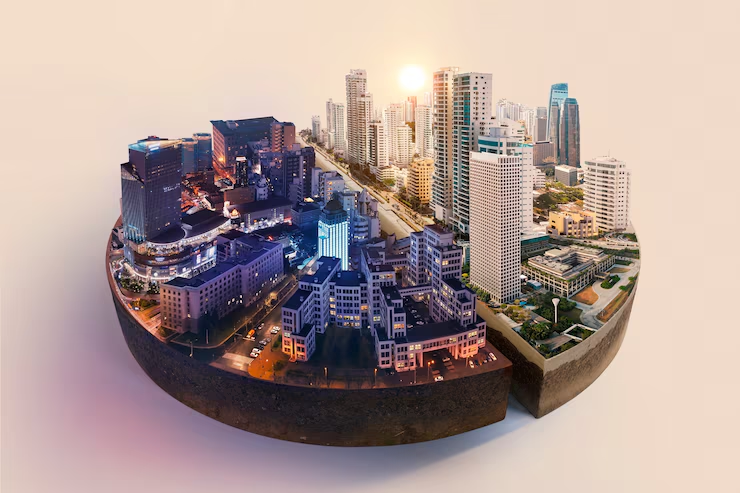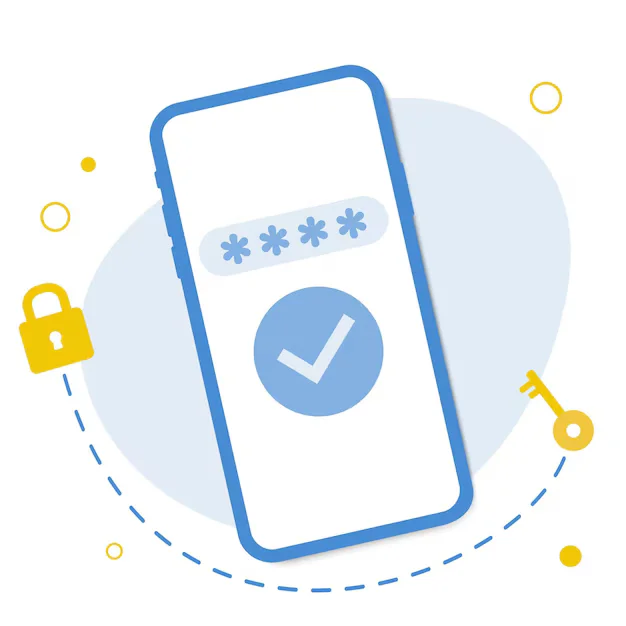
Smart Cities in 2025 are data-driven urban ecosystems that integrate IoT, AI, edge computing, and sustainable infrastructure to improve the quality of life, efficiency of services, and environmental sustainability. The focus has shifted from futuristic gimmicks to real-world resilience, mobility, and citizen-centric design.
What Defines a Smart City Today?
A smart city uses digital technologies and connected systems to manage:
-
Energy
-
Transportation
-
Public safety
-
Health
-
Infrastructure
-
Citizen services
All while optimizing for sustainability, inclusiveness, and responsiveness.
Core Technologies Enabling Smart Cities
| Technology | Role in Urban Intelligence |
|---|---|
| IoT Sensors | Collect real-time data from traffic, waste, water, air |
| AI & Analytics | Analyze patterns, predict usage, optimize systems |
| 5G/Edge Networks | Low-latency control for traffic lights, drones, etc. |
| Digital Twins | Simulate cities for planning and emergency response |
| Blockchain | Secure identity, e-governance, land and health records |
| Renewables & Grid Tech | Smart meters, microgrids, and EV integration |
Key Smart City Applications
1. Smart Mobility
-
Real-time transit optimization using AI.
-
Autonomous buses, MaaS (Mobility as a Service) apps.
-
Smart traffic lights that adapt to conditions and emergency vehicles.
2. Energy & Environment
-
Smart grids balance supply and demand.
-
Solar panels + batteries managed by AI.
-
Sensors monitor air and water quality in real time.
3. Public Safety & Surveillance
-
AI-enhanced CCTV for crowd control and threat detection.
-
Emergency alerts and disaster response coordination via mobile apps.
4. Waste & Water Management
-
Smart bins notify collection trucks.
-
Leak detection via pipe sensors saves water and prevents collapses.
5. Digital Government & E-Services
-
Citizens use a single portal/app for taxes, permits, and benefits.
-
Participatory governance: digital voting, budget input, civic feedback loops.
Leading Examples (2025)
| City | Notable Innovations |
|---|---|
| Singapore | Nationwide digital twin, smart eldercare, autonomous shuttles |
| Barcelona | IoT-powered public spaces, citizen app for services |
| Dubai | Blockchain-powered governance, AI traffic enforcement |
| Seoul | 3D digital twin of the entire city, real-time disaster alerts |
| Toronto | Smart zoning and urban planning with AI and open data |
Challenges & Concerns
-
Privacy & Surveillance: Mass data collection risks citizen autonomy.
-
Interoperability: Legacy infrastructure and vendor lock-in can stall integration.
-
Digital Divide: Tech access must be inclusive across socioeconomic lines.
-
Cybersecurity: City-wide systems are now high-value cyber targets.



